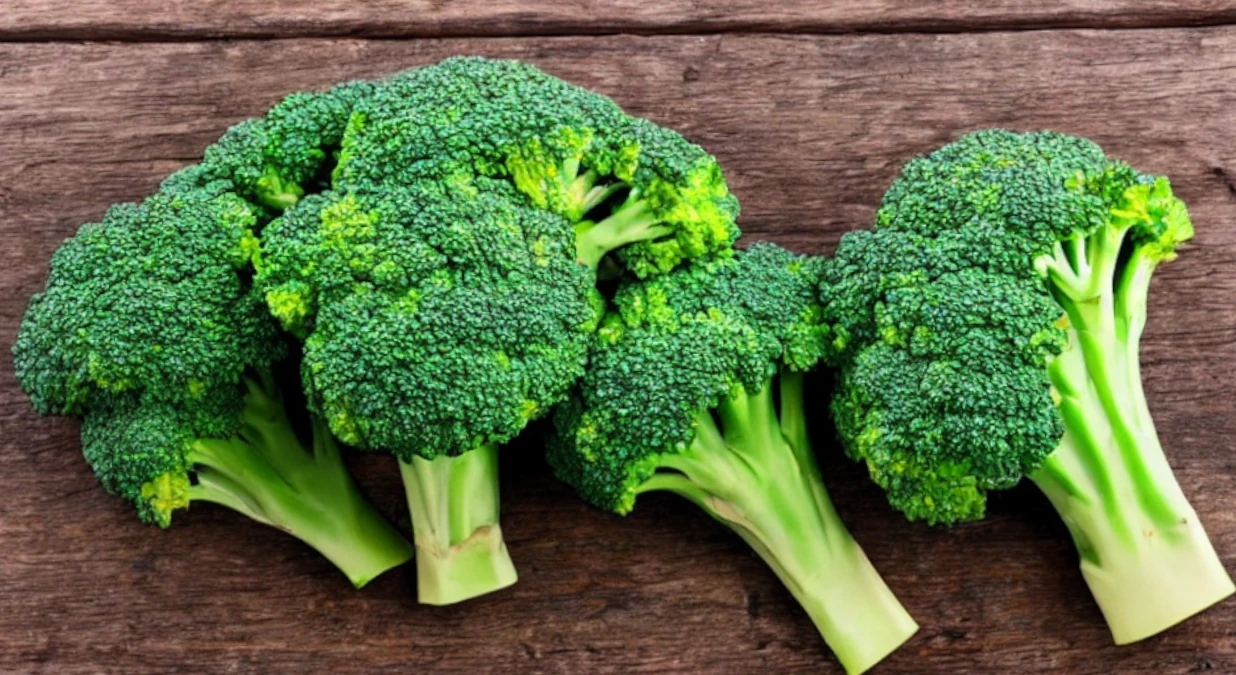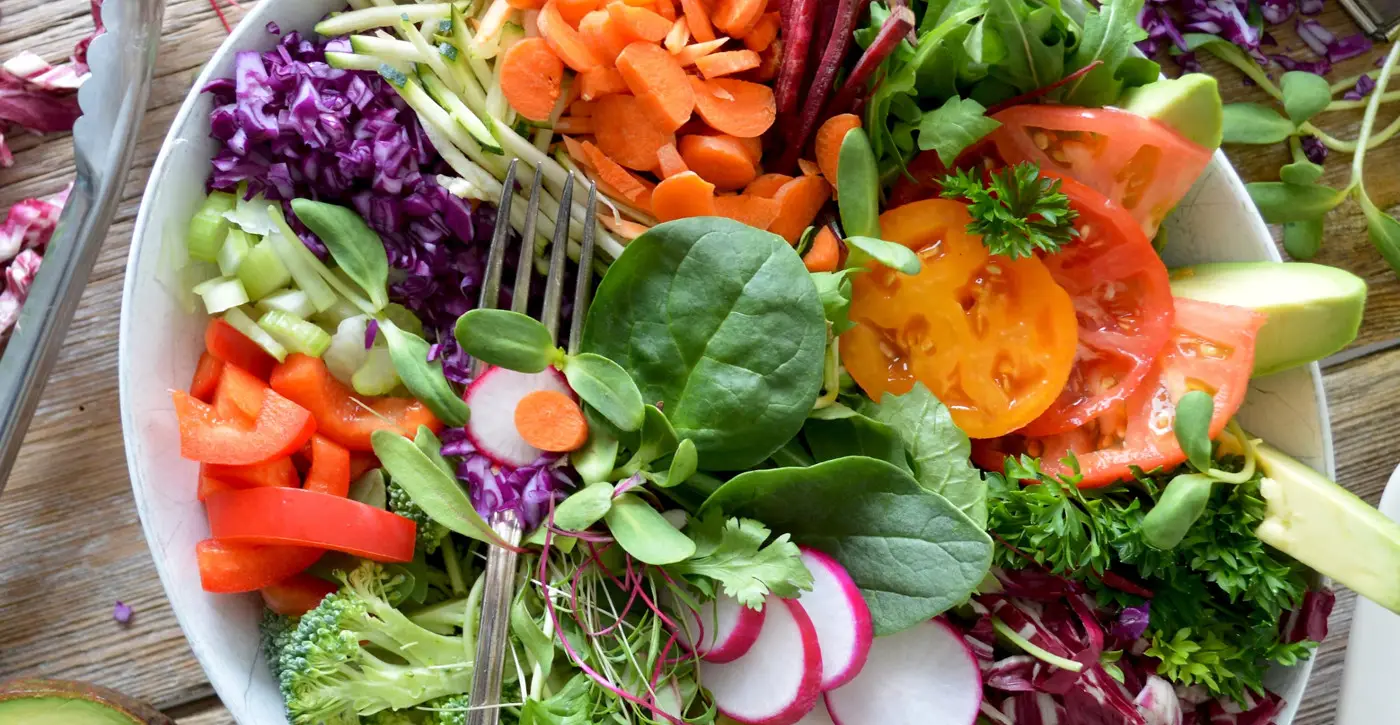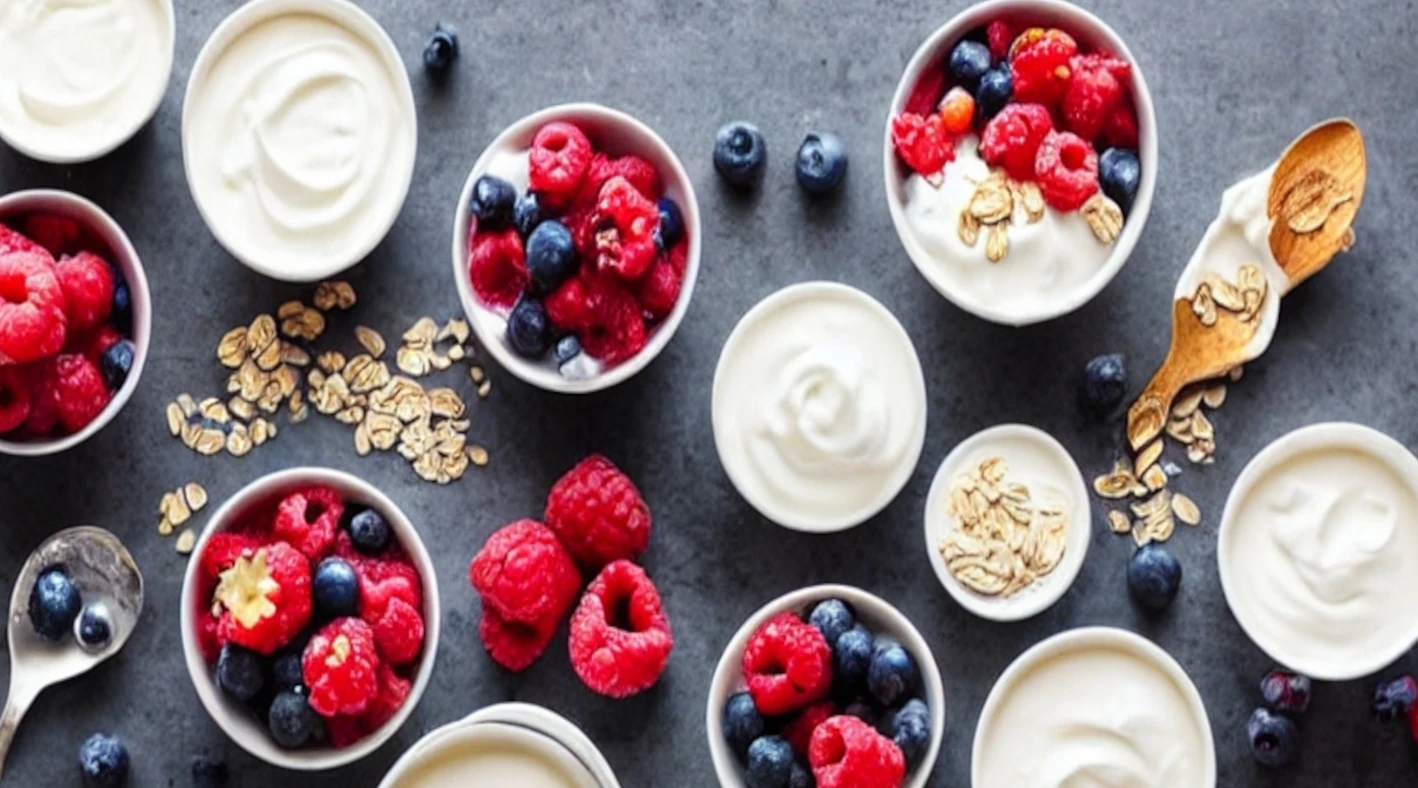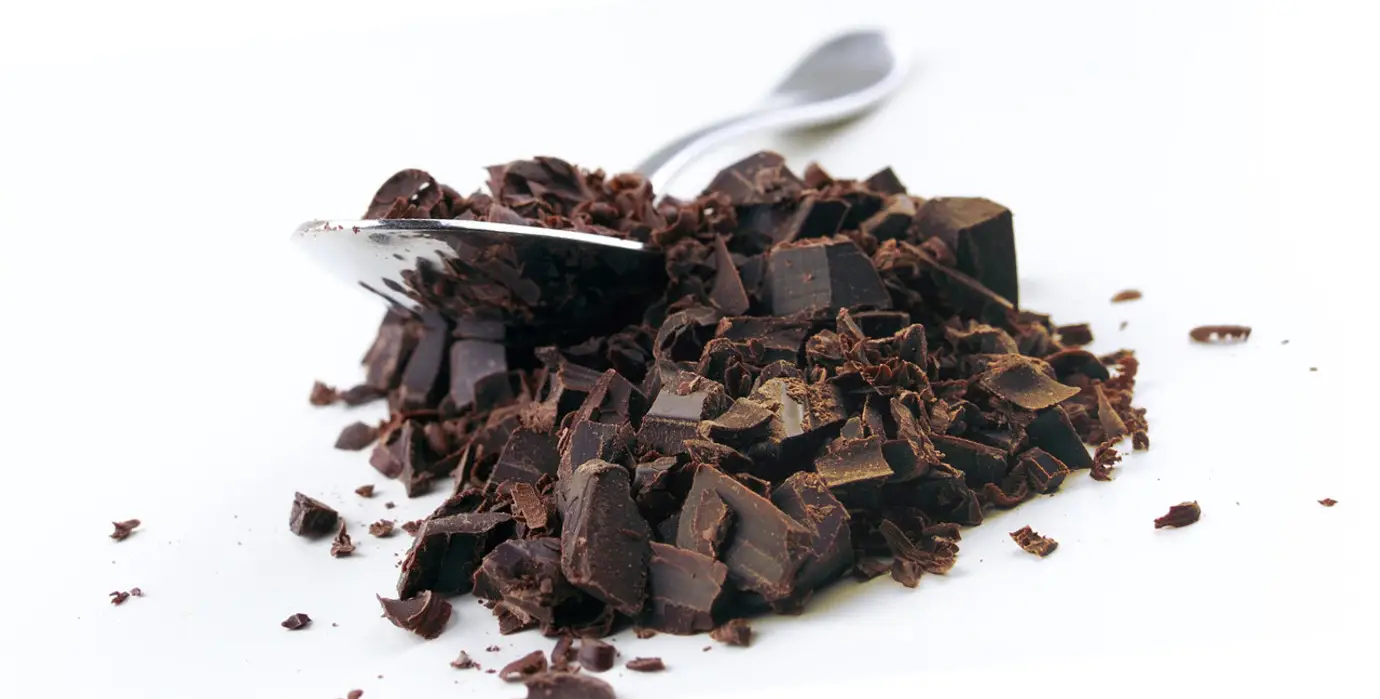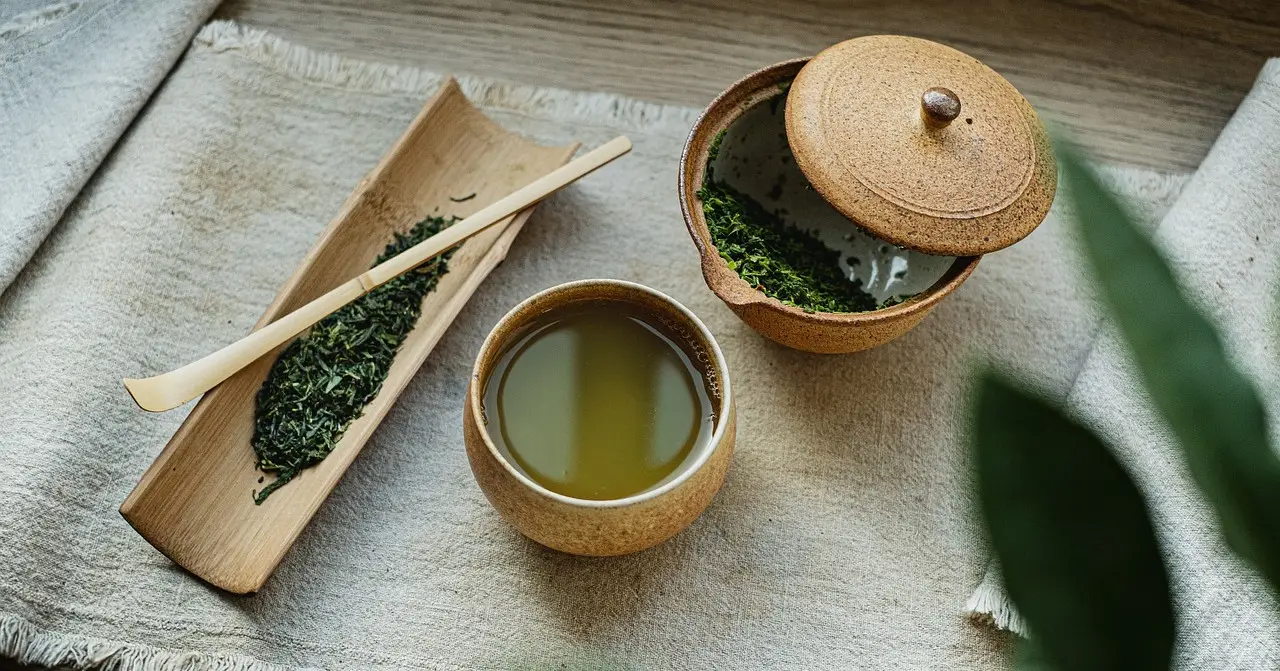Celery Lysine and Arginine Info Sheet
Overview
Celery is a crunchy and low-calorie vegetable that is often eaten raw or cooked in soups and salads.It has a mild and refreshing flavor and is rich in water and fiber.
Celery is a good source of vitamin K, folate, potassium, and antioxidants.
It may have anti-inflammatory, antibacterial, and blood pressure-lowering effects.
Celery also contains compounds that may protect against cancer and neurodegeneration.
| Name | Lysine (mg/100g) | Arginine (mg/100g) | Ratio |
|---|---|---|---|
| Celery | 26.67mg | 20mg | 1.333 |
Celery contains 26.67mg of Lysine and 20mg of Arginine per 100g of product.
This means Celery has a high Lysine-Arginine ratio of 1.333.
Because Celery contains slightly more lysine than arginine, increasing its consumption may benefit people who suffer from herpes, as it may boost the immune system.
Lysine Considerations
Celery has a moderate amount of lysine, which is an essential amino acid that is involved in protein synthesis, collagen formation, and calcium absorption.
Lysine is important for the growth and maintenance of tissues, bones, and skin.
It's one of the nine amino acids that the body can't produce, so it must be included in our diet.
Lysine has different roles in the body, such as aiding in growth, healing, energy production, immune function, and the production of collagen.
Research indicates that lysine may have an impact on the herpes virus, which is responsible for cold sores and genital sores.
Taking lysine supplements or using lysine cream could potentially prevent or treat these infections by inhibitnig the amino acid arginine, which the virus requires for growth.
Arginine Considerations
Celery has a low amount of arginine, which is a semi-essential amino acid that is involved in nitric oxide production, wound healing, and immune function.
Arginine may improve blood flow, lower blood pressure, and enhance exercise performance.
Arginine has a variety of functions in the body, including wound healing, helping the kidneys remove waste products from the body, and maintaining immune and hormone function.
Arginine also plays a role in the replication of the herpes virus, making it a key factor in cold sore outbreaks.
The herpes virus requires arginine to grow, replicate, and create new herpes viruses.
Foods a great source of arginine, such as nuts and chocolate, may increase the frequency and severity of these outbreaks.
Lysine-Arginine Ratio
Celery has a high lysine-arginine ratio, which means that it has more lysine than arginine.
This may be beneficial for people who suffer from herpes simplex virus (HSV) infections, as lysine may inhibit the replication of the virus, while arginine may stimulate it.
Both lysine and arginine are important for protein synthesis and other bodily functions.
The two compounds can affect the herpes simplex virus, which is responsible for cold sores and genital herpes, in opposite ways.
Lysine can your body or stop the virus from reproducing, while arginine can help it propagate.
Eating foods with a high lysine-arginine ratio could help lower the appearance and severity of herpes outbreaks.
Some foods that have a high lysine-arginine ratio are milk and cheese, fish, poultry, fruits, and vegetables.
These foods can give the body enough lysine to prevent the virus from taking up arginine, and thus stop its growth and spread.
Dietary Considerations
Most vegetables are somewhat low in in calories and a good source of in vitamins, minerals, and antioxidants.
Many vegetables have more lysine than arginine, such as beets, turnips, tomatoes, soybean sprouts, potatoes, celery, sweet potatoes, squash, and green beans.
These vegetables can help prevent or treat herpes outbreaks, as lysine can suppress the herpes virus.
Other vegetables have more arginine than lysine, such as peas, carrots, broccoli, cauliflower, and mushrooms.
These vegetables can still be consumed in moderation, as they have other health benefits.
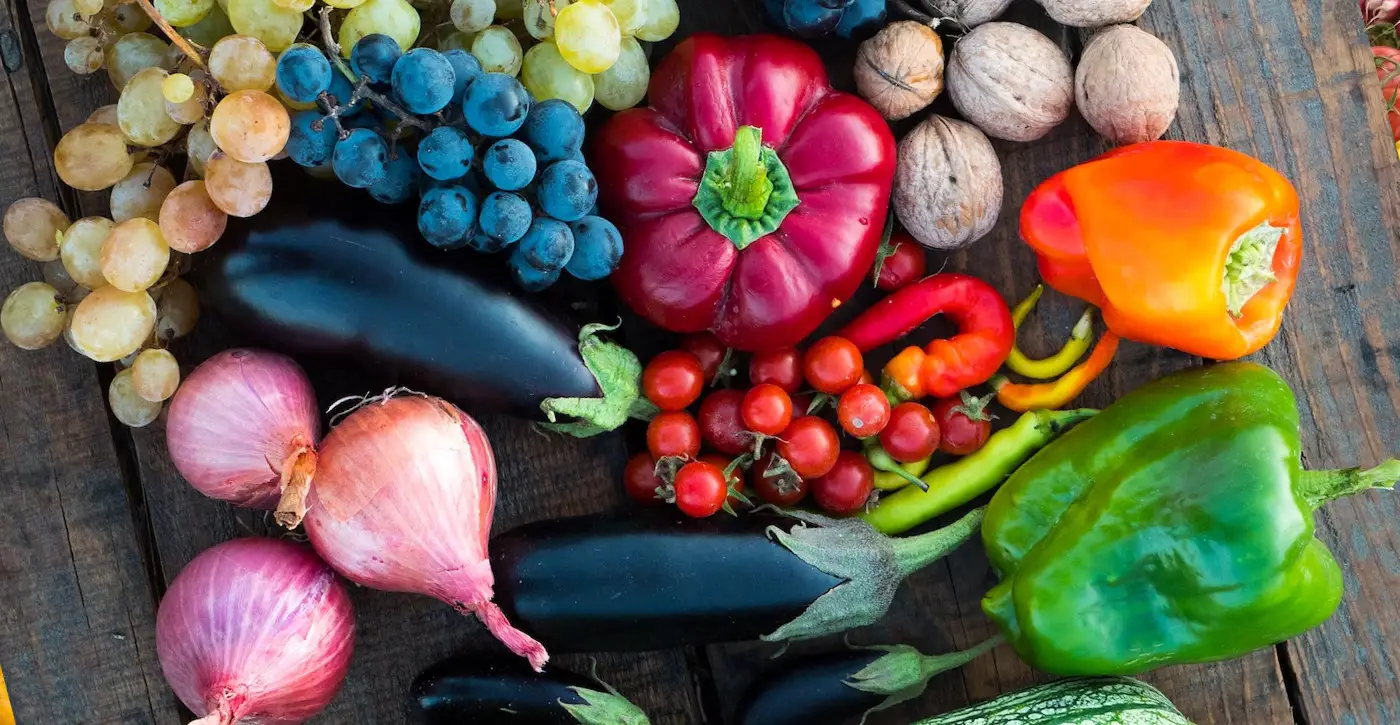
For instance:
A diverse and nutritious diet that supports your immune system and fights inflammation is essential.
This means you should eat lots of fruits, vegetables, whole grains, lean protein, and healthy fats, and steer clear of processed foods, added sugars, alcohol, and caffeine, which can harm your health.
Make sure to drink plenty of water to keep yourself hydrated and eliminate toxins from your body.
Water can also help you avoid dryness and irritation of the skin and mucous membranes, which can lead to outbreaks.
You may want to take l-lysine supplements.
L-lysine is known to prevent herpes outbreaks and it can help stop a cold sore in its initial stages by "starving" the virus of arginine before it has a chance to cause a cold sore.
To prevent outbreaks, avoid foods that can cause allergic reactions or sensitivities, such as gluten, dairy, nuts, eggs, or shellfish.
These foods can harm your immune system and make inflammation worse.
Foods that can boost your immunity and fight inflammation are essential to prevent outbreaks.
Honey, yogurt, aloe vera, and chamomile are some examples of these foods.
They can also soothe your symptoms and help you recover quicker by reducing pain, swelling, and itching.
Check more food information
